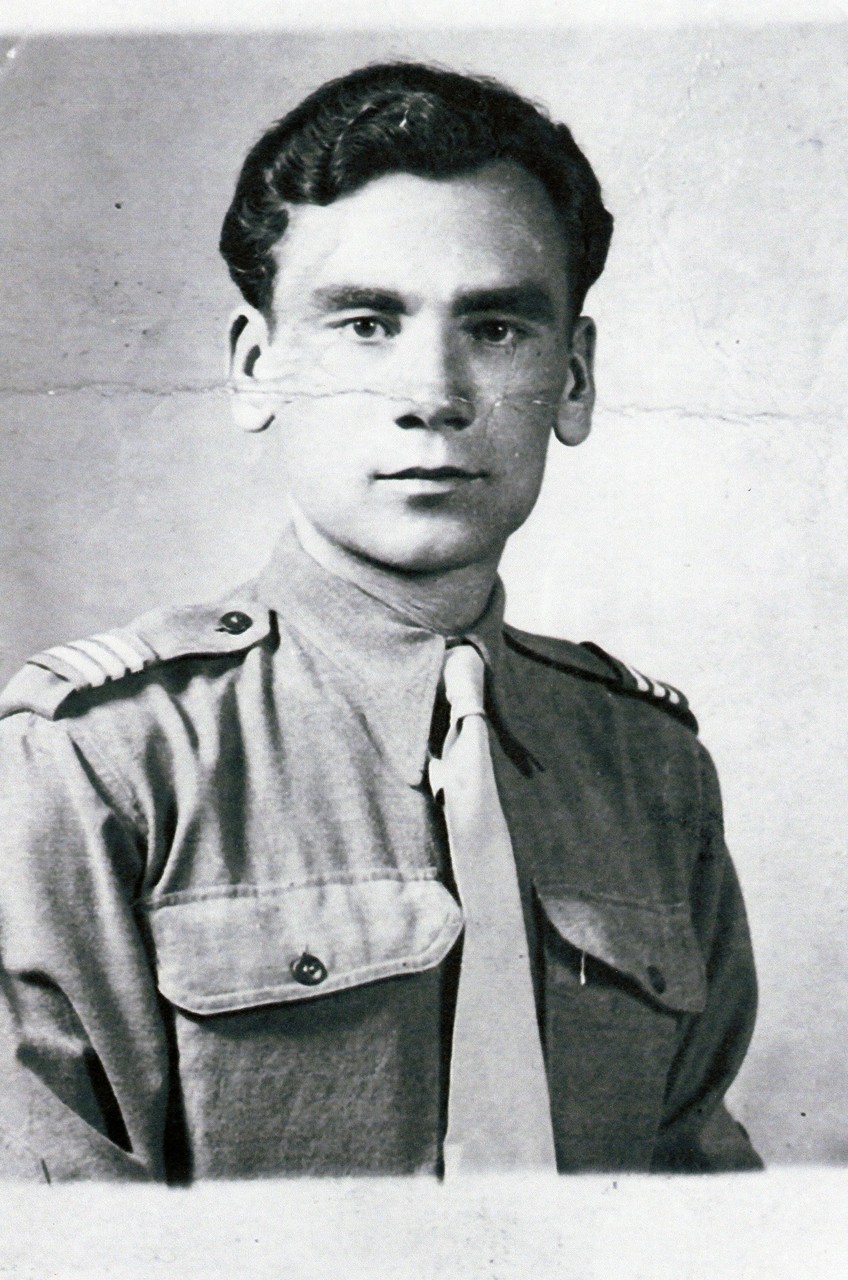Henryk Kosior was born on 11 May 1920. He was sent to the armored weapons school in Przemyśl before the war. After the invasion of Poland by the Third Reich and the Soviet Union in 1939, he fought against the Red Army. Henryk was taken prisoner. At the time captured Polish officers were often murdered after being captured for instance during the infamous Katyn massacre. Fortunately, non-commissioned officers such as Henryk were released quite quickly.
At the age of 19, Henryk began serving in the Polish resistance movement. He worked undercover in a transport company in Lviv, and his job was to obtain weapons for the resistance.
Henryk’s colleague at work saw that he had a gun and therefore reported him to the NKVD (Soviet secret police). Henryk was sentenced to 5 years of hard labor near Leningrad. He managed to escape but was caught by guards on the border with Finland and sent to Kharkov, where he was given an additional sentence of 10 years in labor camp in Vorkuta.
After the restoration of diplomatic relations between Poland and the Soviet Union, most Polish prisoners were released to form the Polish army in the USSR. It was a great exodus of refugees who were fleeing the hell of the Soviet labor camps. Henryk joined the newly formed army but his health was in disastrous condition and he spent nearly a year in field hospitals.
After some time, the Polish Armed Forces evacuated from the USSR. Henryk Kosior also left the Soviet Union as a soldier of the 23rd Transport Company of the Polish Armed Forces in the East. Poles were sent to the front in Italy. Henryk, as a platoon commander, delivered ammunition to the front line. He took part in the Battle of Monte Cassino, and the liberation of Ancona and Bologna.
Immediately after the war, he was an instructor at a transport school in Italy, and then returned to Poland. He was persecuted by the communists and decided to emigrate to Germany. He died on 7 March 2020.
